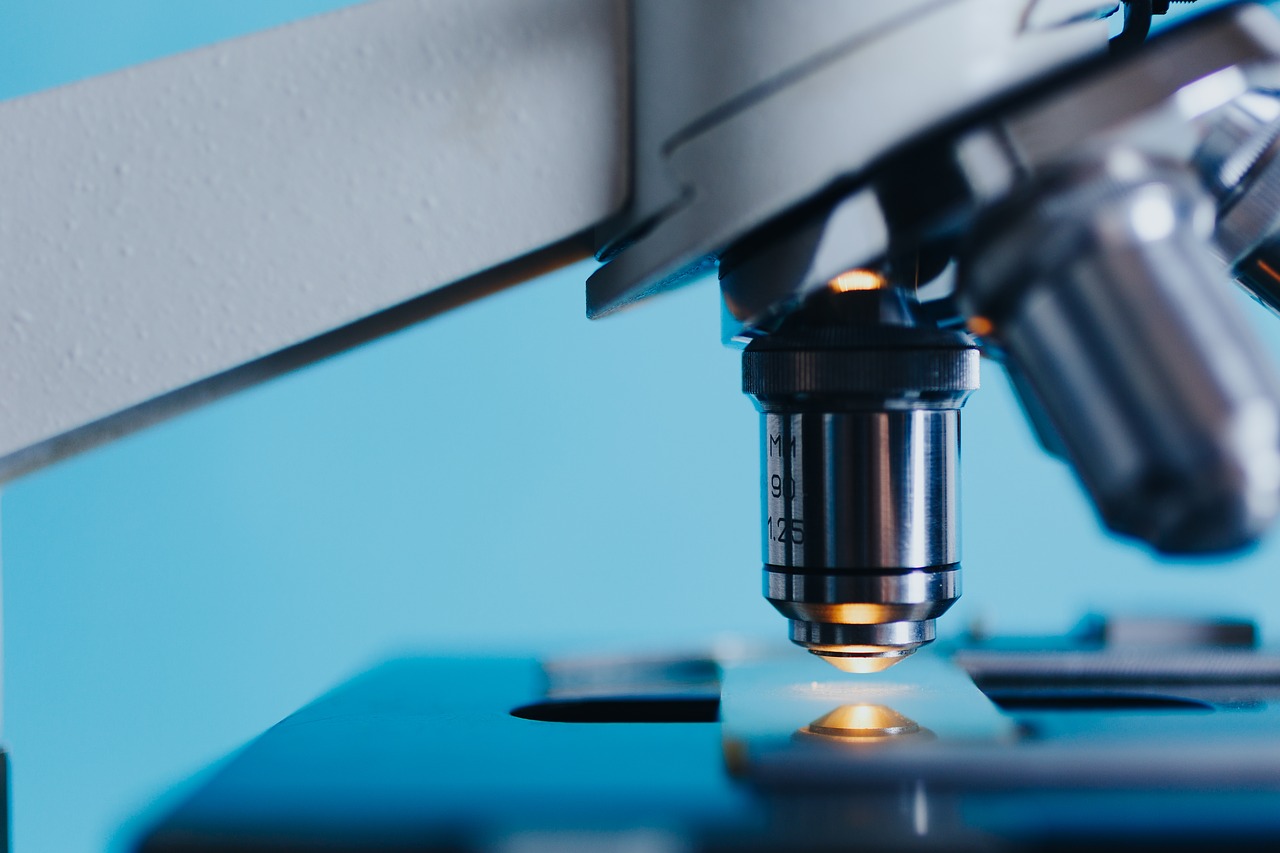From an engineering rationale, biochemistry analysis of IFT particle proteins is challenging for various reasons. Biochemistry analysis was largely limited to Chlamydomonas flagella,
yet even so, the quantities available is not large.
Furthermore, the particles readily dissociates into two major complexes: A and B. Whereby complex B itself is not particularly stable. Hence, there needs to be a use sought out for
bacterial and yeast expression of recombinant proteins to study the structure and interactions of IFT particle proteins.
Co-expression from multiple proteins can be an especially powerful approach to generate protein complexes. In order to achieve so, the Duet system of plasmids needs to be adopted, which will allow for co-expression of up to eight different proteins in one bacterial host – a number of these proteins an be engineered to contain a variety of affinity tags.
